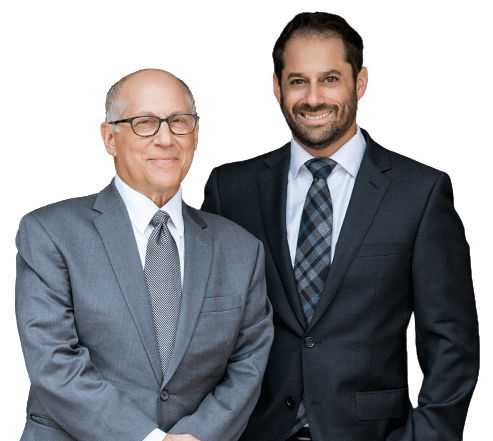Ohio residents suffering from epilepsy know how disruptive it can be to everyday life. Seizures can result in physical injuries from a fall, short-term memory loss and many other negative physical and neurological effects.
Seizures can also severely interrupt many facets of life. Seizures can occur during the day or at night while sleeping. Daytime seizures can come on suddenly, while a person is eating, working, driving or engaging in any other activity.
Eventually, seizures can begin to impact other areas of life. They may result in the loss of a driver’s license, job or even an entire career, even for people taking epilepsy medication. For many people, there is no specific cause for their epilepsy, and epilepsy has no cure. In addition to all this, having a seizure is a downright terrifying experience.
Epilepsy is considered a disability. If the effects of seizures become more severe, epilepsy suffers may wonder if they qualify for Social Security Disability benefits.
Eligibility for benefits depends on the type and frequency of seizures
Qualifying for Social Security Disability benefits depends on the types of seizures experienced, and how often. People experiencing tonic-clonic seizures, which involve unconsciousness, tongue biting, or convulsions, may qualify for benefits if the seizures occur at least once a week for 3 consecutive months.
People taking medication for tonic-clonic seizures who continue to experience them at least every other month for 4 consecutive months may receive benefits they demonstrate a marked limitation in adapting or managing themselves, concentration, interacting with others, physical functioning or applying, remembering or understanding information.
Dyscognitive seizures do not involve unconsciousness or convulsions; however, victims may qualify for Social Security Disability benefits if they experience these seizures at least once a week for 3 consecutive months.
When applying for benefits, a detailed description of a seizure is required from someone who has witnessed the seizure. This is commonly a doctor. There are complex rules surrounding the counting of seizures to meet the necessary requirements for benefits, and other factors that are considered. A Social Security attorney can help with evaluating and analyzing your specific situation.

